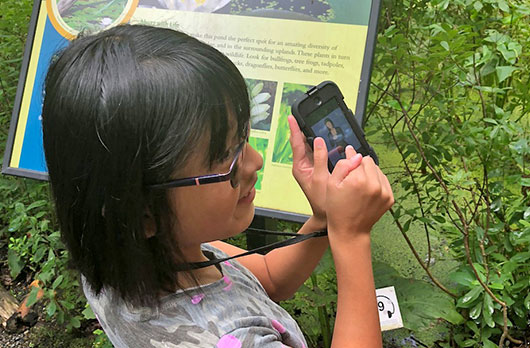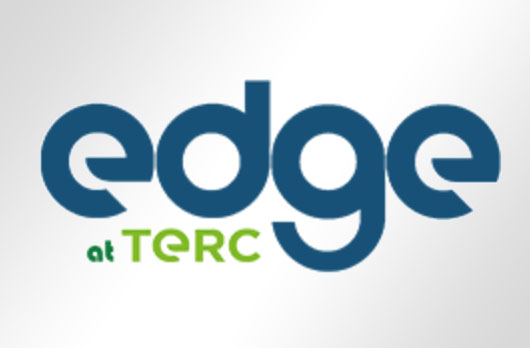Senior Researcher

Program/Areas of Interest
- Adaptive technology, accessibility and differentiation
- STEM education for all students
- Mixed Methods Research and Iterative Materials and Tools Development
- Universal Design for Learning
Biography
Tara Robillard is a senior researcher, evaluator, and materials developer at ��ɫ��Ƶ. She has degrees in Marine Science and Science Education and taught science at the high school level. Her research and development interests focus on accessibility and differentiating STEM teaching and learning for all students in formal and informal settings. Tara’s recent projects involve supporting Executive Function (EF) in STEM teaching and learning and preparing educators to create more inclusive STEM learning experiences. Tara’s work as the lead researcher for the Signing Math & Science projects focused on providing access to students with low-incidence disabilities, especially the use of universally designed technology innovations to improve achievement in mathematics and science of students who are deaf or hard of hearing. She is also involved in leading external evaluations of federally funded STEM education projects and is the former chair of ��ɫ��Ƶ’s IRB.
Education
- Georgia State University, Science Education, M.Ed.,�� 1999
- Eckerd College, Marine Science, B.S., 1997
Highlighted Publications
Asbell-Clarke J, Dahlstrom-Hakki I, Voiklis J, Attaway B, Barchas-Lichtenstein
J, Edwards T, Robillard T, Paulson K, Grover S, Israel M, Ke F, Weintrop D. Including neurodiversity in computational thinking. Frontiers in Education. 2024 April 09; 9. Available from: DOI: 10.3389/feduc.2024.1358492
Almeda M., Asbell-Clarke J., Robillard T., Bardar E., Edwards T., Dahlstrom-Hakki I. (2022). Emerging technologies for supporting neurodiverse learners [Conference symposium]. Available from: AERA Annual Meeting; 2022 April; San Diego, CA.
Asbell-Clarke J., Robillard T., Edwards T., Bardar E., Weintrop D., Grover S. & Israel M. (2022). Including neurodiversity in foundational and applied computational thinking (INFACT). In SIGCSE 2022: Proceedings of the 53rd ACM Technical Symposium on Computer Science Education Association for Computing Machinery; 2:1076.
Vesel, J., Clark, M., & Robillard, T. (2020). Use of a Signing Bioscience Dictionary in Increasing Student Interpreters’ American Sign Language Life Science Vocabulary. International Journal of Interpreter Education. 12(2):20-35.
Vesel, J., & Robillard, T. (2017) Accessing science museum exhibits with interactive signing dictionaries. Journal of Visual Literacy,��36:3-4,��125-141.
Vesel, J. & Robillard, T. (2014). Increasing access to technical science vocabulary through use of universally designed signing dictionaries. In S. Burgstahler (Ed.), Universal design in higher education: Promising practices. Seattle: DO-IT, University of Washington.
Vesel, J. & Robillard, T. (2013). Teaching mathematics vocabulary with an interactive signing math dictionary. Journal of Research on Technology in Education. 45:4, 361-389.












